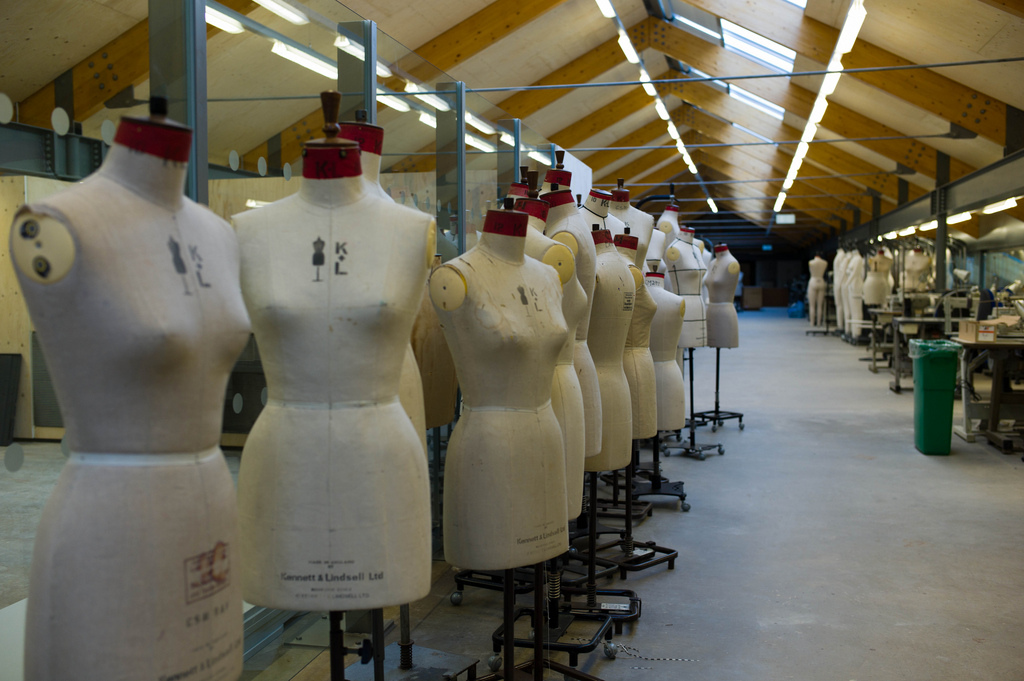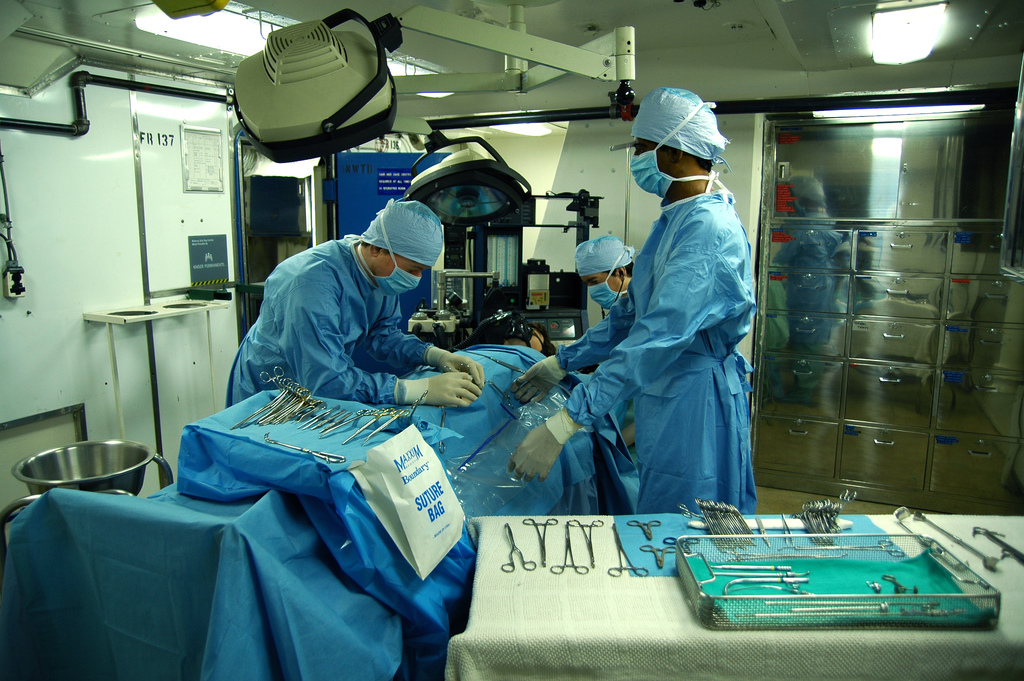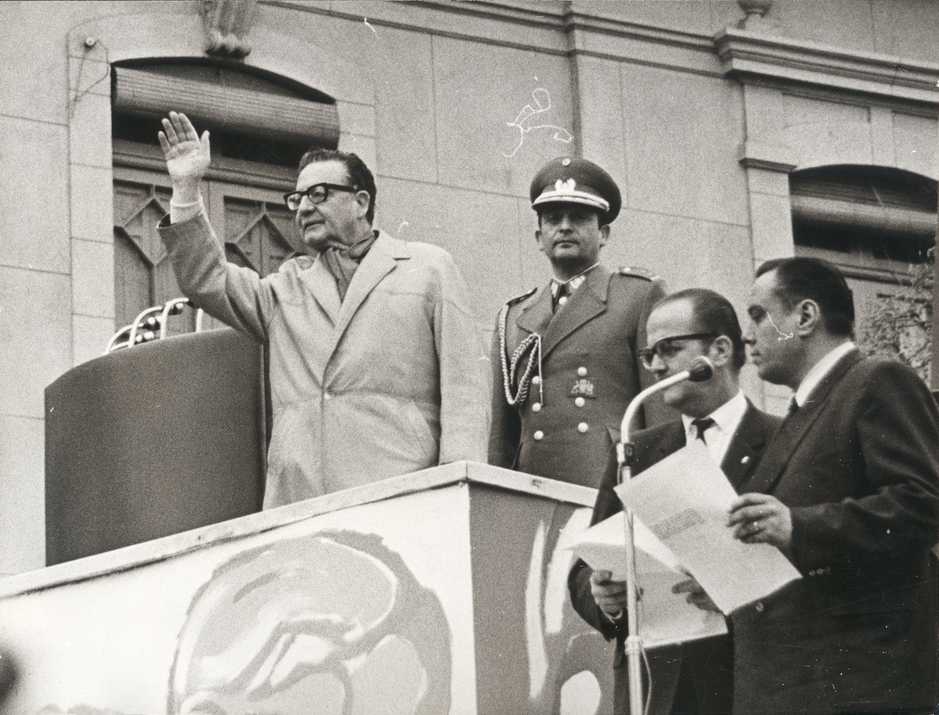Can ethics and economics ever work together? This question captures the essence of the sweatshop issue that dominated the majority of media in 2013, especially highlighting Bangladesh. In 2013, according to the Guardian, a garment factory located from the fourth floor to the seventh floor of Rana Plaza collapsed, killing 1,135 people.This was not a natural disaster in any way, but rather was purely man-made. The workers apparently noticed a crack on Tuesday and reported to their manager, which resulted in a supposed Wednesday off for inspection. However, for some reason the building was declared safe to work in later on, and hesitant yet voiceless workers were called back to work, as CNN explains. Unfortunately, the Rana Plaza incident was not the first incident related to garment factories that occurred in Bangladesh. Previously in 2005, reports indicate that there were 70-plus deaths in a garment factory in the same area. Additionally, in 2012 another garment factory fire has already killed more than a hundred people in Dhaka, Bangladesh.
Continue reading “Fast Fashion and the Ethics Behind Your T-shirt”






